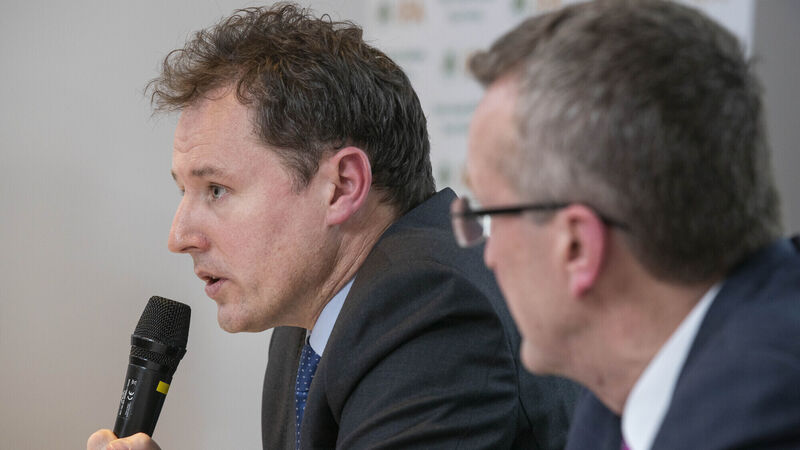EU intervention unlikely as seven states see no need for pig support

Following an emergency meeting of pig producers from across the country, IFA President Tim Cullinan told the Minister for Agriculture Charlie McConalogue he must come forward immediately with details of a support package for pig farmers.
With seven member states which produce almost two-thirds of the EU pigs not asking for EU market measures to support under-pressure pig farmers, reliance on state aid from the national purse has emerged as the best hope for ending what IFA President Tim Cullinan said last week is the most severe income crisis in nearly 20 years for pig farmers.
After an emergency meeting in Dublin attended by over 150 farmers, Mr Cullinan said Agriculture Minister Charlie McConalogue committed to providing Government support in the form of direct aid for pig farmers.










